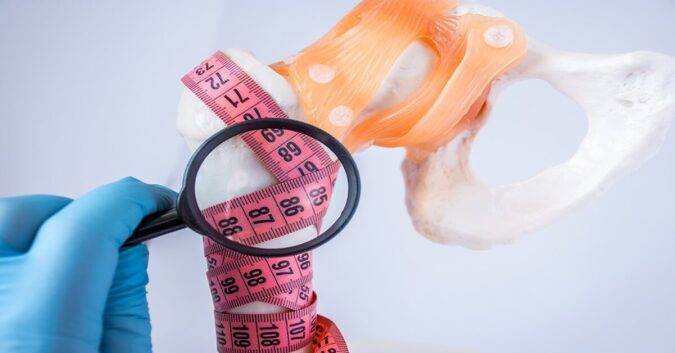In a recent letter to health care providers, the U.S. Food and Drug Administration (FDA) expressed its concern over NuVasive Specialized Orthopedics, Inc.'s Precice® devices — a group of medical devices made from stainless steel and titanium that are intended for limb-lengthening.
The letter comes in response to reports of pain and changes in the surrounding bone and soft tissue in people who have had the stainless steel Precice devices implanted in their bodies.
In the letter, the FDA recommends surgeons stop implanting the stainless steel devices in patients immediately. The FDA’s warning concerns the following devices:
Stainless Steel (Biodur 108)-Based Precice Devices:
- Precice® Bone Transport
- Precice® Plate
- Precice® Stryde
Titanium-Based Precice Devices:
- Precice® Freedom
- Precice® Intramedullary Limb Lengthening (IMLL) Device
- Precice® Short
- Precice® Unyte
In addition, the FDA has instructed surgeons who have implanted the above devices in patients to continue monitoring them and to report any bone and soft tissue changes and/or any increases in pain experienced by patients.
What Are NuVasive Precice Medical Devices?
Intended for individuals 18-years-old and older, NuVasive Precice implants are designed to lengthen, shorten, or compress limbs or to transport segments of long bones from one part of the body to another. The devices are made of adjustable rods, which can be placed inside of a patient to adjust the size of their limbs. The devices are controlled by an internal magnetic mechanism.
Currently, the FDA has only received adverse reports concerning Precice devices made of stainless steel. According to the agency, the adverse reports may be related to any of the following:
- Corrosion
- Wear and tear
- Unanticipated exposure of components that are undergoing biocompatibility testing
Presently, due to limited data on long-term side effects, the FDA is not yet certain if such adverse reports are caused by the breakdown of the stainless steel material or by design features of the devices themselves. More biocompatibility testing is needed to determine the exact cause of adverse events.
To date, the FDA has not received any adverse reports concerning Precice devices made of titanium, but the device manufacturer, NuVasive, is currently testing its titanium-based devices to determine if there are similar concerns.
The FDA’s letter to health care providers follows an April 5, 2021 statement from NuVasive that informed health care providers of ongoing biocompatibility testing with Precice devices. In conjunction with NuVasive’s April statement, the company voluntarily halted shipments of its Precice devices and effectively removed the devices from the U.S. market.
At this time, the FDA does not recommend that the devices be removed from patients who are asymptomatic. Moving forward, NuVasive will continue to work with the FDA to address ongoing biocompatibility concerns.
To report an adverse event regarding a Precice medical device to the FDA, use the agency’s MedWatch Adverse Event Reporting Program.
